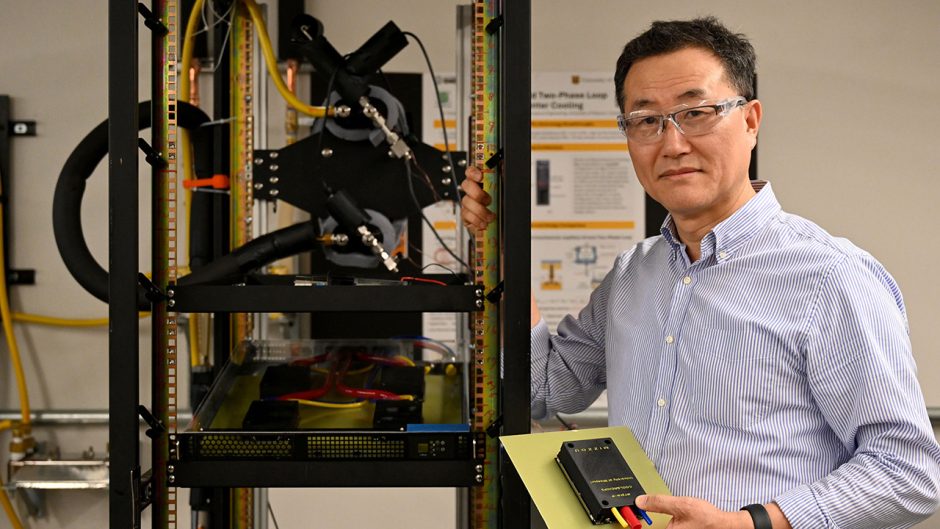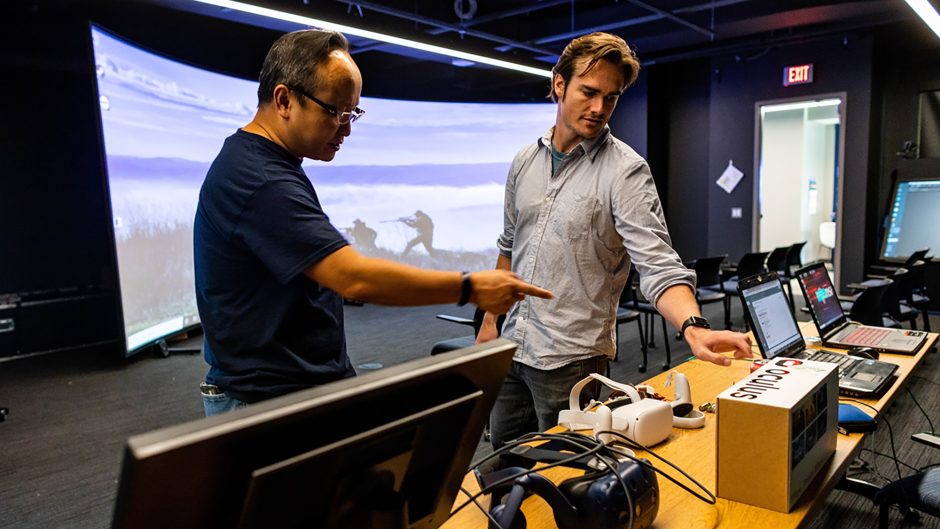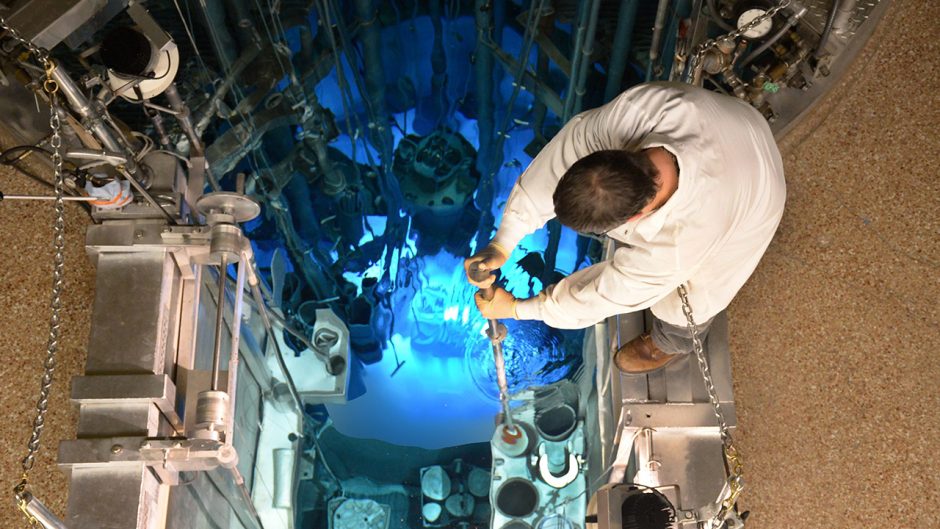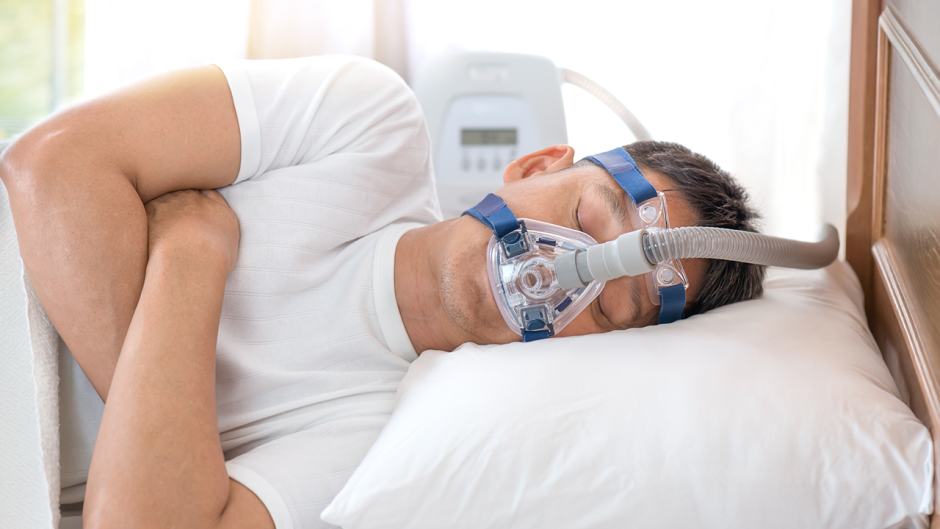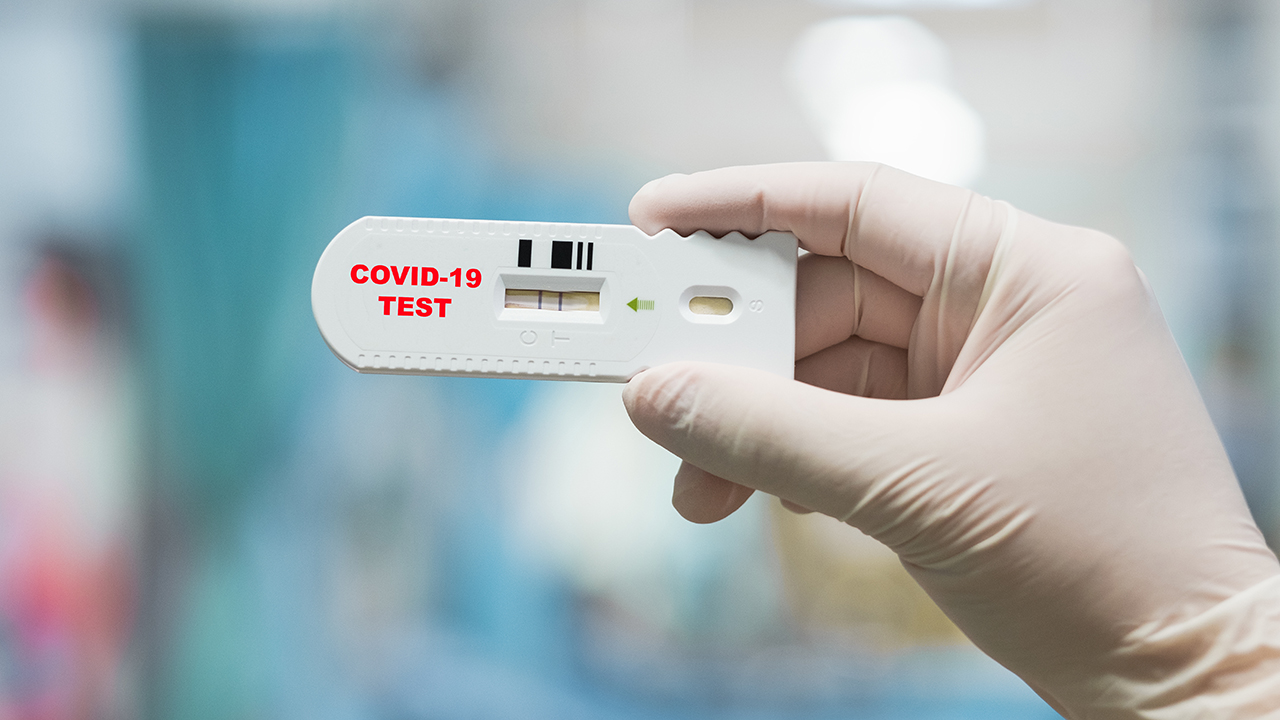
July 13, 2021
A review of more than 9,000 U.S. patients with severe COVID-19 infection showed less than 1% contracted the illness again, with an average reinfection time of 3.5 months after an initial positive test. Those are the findings from a study conducted by researchers from the University of Missouri School of Medicine and MU Health Care.
In one of the largest studies of its kind in the U.S., MU researchers teamed up with the MU Institute for Data Science and Informatics and the Tiger Institute for Health Innovation to review data from 62 U.S. health care facilities.
“Our analysis also found asthma and nicotine dependence were associated with reinfection,” said lead researcher Adnan I. Qureshi, a professor of clinical neurology at the MU School of Medicine. “However, there was a significantly lower rate of pneumonia, heart failure and acute kidney injury observed with reinfection compared with primary infection.”
Quereshi said the important message is that COVID-19 reinfection after an initial case is possible, and the duration of immunity that an initial infection provides is not completely clear.

